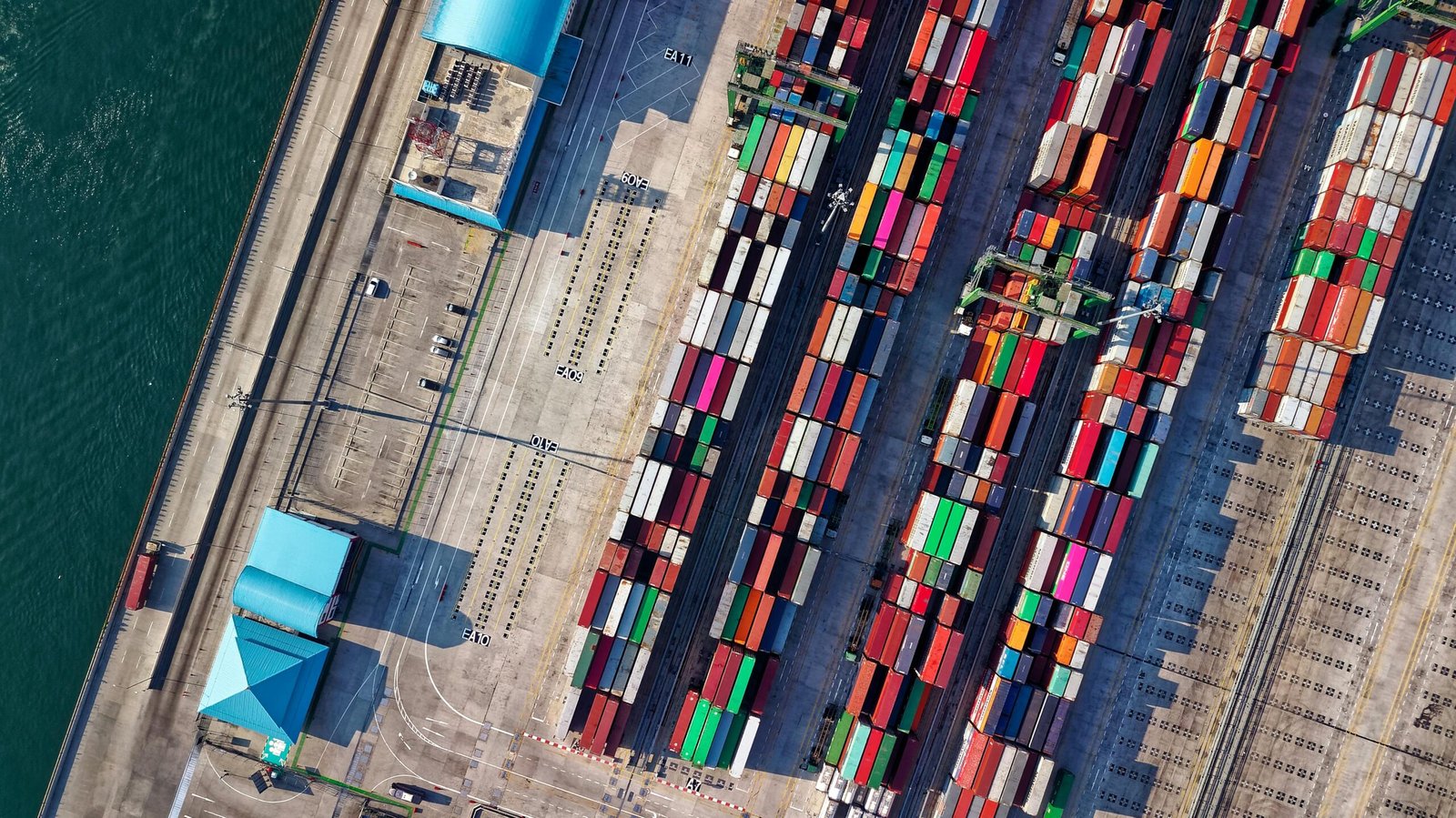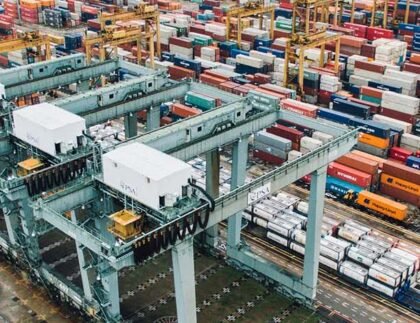
Introduction
In today’s global economy, raw material supply chains form the backbone of industrial growth. Whether it’s fertilizers for agriculture, bitumen for highways, or iron ore for steel plants, industries rely on the seamless movement of commodities across borders. But in an era defined by price volatility, geopolitical challenges, and logistics disruptions, how do companies ensure uninterrupted supply?
At Globcom International FZE, we specialize in building resilient supply chains that connect Asia, Africa, and the Middle East with global resources. This blog explores why resilience matters, how risks can be mitigated, and the role Globcom plays in helping industries thrive.
The Importance of Resilient Supply Chains
A resilient supply chain isn’t just about moving goods from point A to point B — it’s about ensuring reliability, consistency, and adaptability. Procurement managers today face challenges such as:
-
Price fluctuations in oil derivatives, fertilizers, and metals
-
Transport disruptions due to port congestion or shipping bottlenecks
-
Geopolitical risks that can suddenly halt supplies
-
Environmental pressures demanding greener sourcing
Without resilience, industries face higher costs, delayed projects, and reduced competitiveness.
Globcom’s Approach to Supply Chain Stability
At Globcom, we mitigate these risks through three core strengths:
-
Global Sourcing Network – Partnerships across major producing regions ensure access to multiple supply origins, reducing dependence on a single market.
-
Regional Intelligence – Local insights in Asia, Africa, and the Middle East help anticipate demand, regulatory shifts, and market movements.
-
Operational Agility – Flexible contracts, bulk shipping, and warehouse solutions allow us to adjust quickly to changes.
Case Example: Agriculture Fertilizers
Fertilizer demand is seasonal and critical. A missed shipment can disrupt entire farming cycles. By working with trusted partners, we ensure fertilizers like urea, DAP, NPK, and gypsum arrive on schedule, supporting food security and farmer productivity.
Case Example: Oil Derivatives
In infrastructure, bitumen (VG-40) and base oils are essential. Supply disruptions here can stall highway or industrial projects. Globcom’s long-term supplier agreements and forward contracts allow customers to lock in supply and manage costs effectively.
Future of Supply Chains — Digitization & Sustainability
Supply chains are evolving beyond traditional models:
-
Digital tools enable real-time tracking, forecasting, and inventory management.
-
Sustainable sourcing is becoming a priority, ensuring reduced carbon footprint and compliance with environmental standards.
Globcom is investing in both — ensuring we remain future-ready.
Conclusion
A strong supply chain is not a luxury; it’s a necessity for growth. Globcom International FZE is committed to helping procurement teams reduce risk, control costs, and maintain consistency in commodity supply.
Key Takeaway: Industries that build resilience today will be the leaders of tomorrow.

